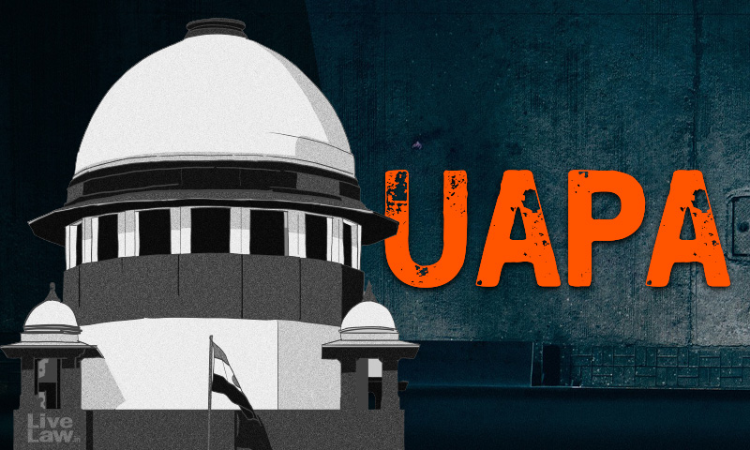UAPA Challenge | Supreme Court Allows Petitioners Time To Decide If They Want To Approach High Court
Awstika Das
14 Feb 2024 4:11 PM IST

Next Story
14 Feb 2024 4:11 PM IST
The Supreme Court on Wednesday (February 14) begun hearing a batch of pleas challenging several provisions of the Unlawful Activities (Prevention) Act. However, the proceedings were adjourned until tomorrow to give the petitioners time to consider whether they wished to pursue the matter in the high court.These petitions, grouped together for adjudication, were slated to be heard by a bench...
